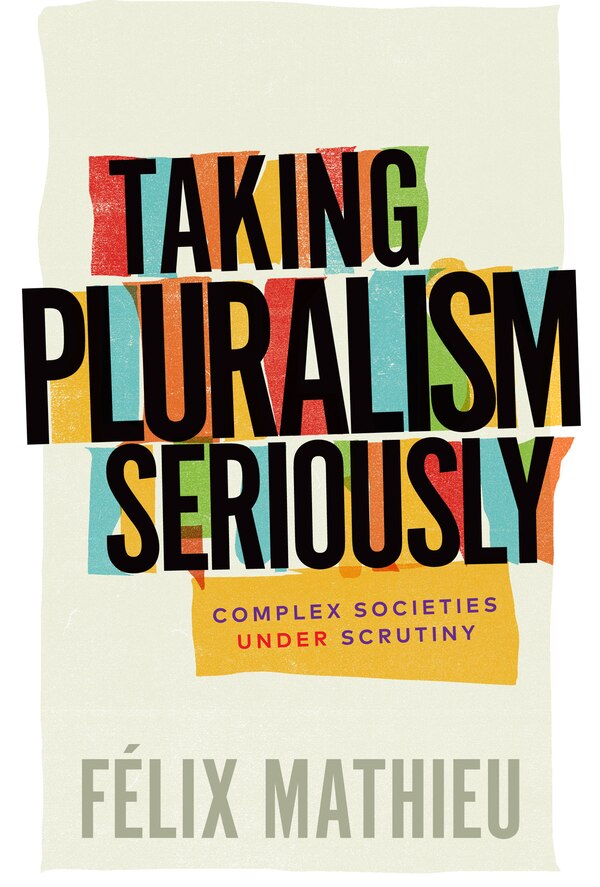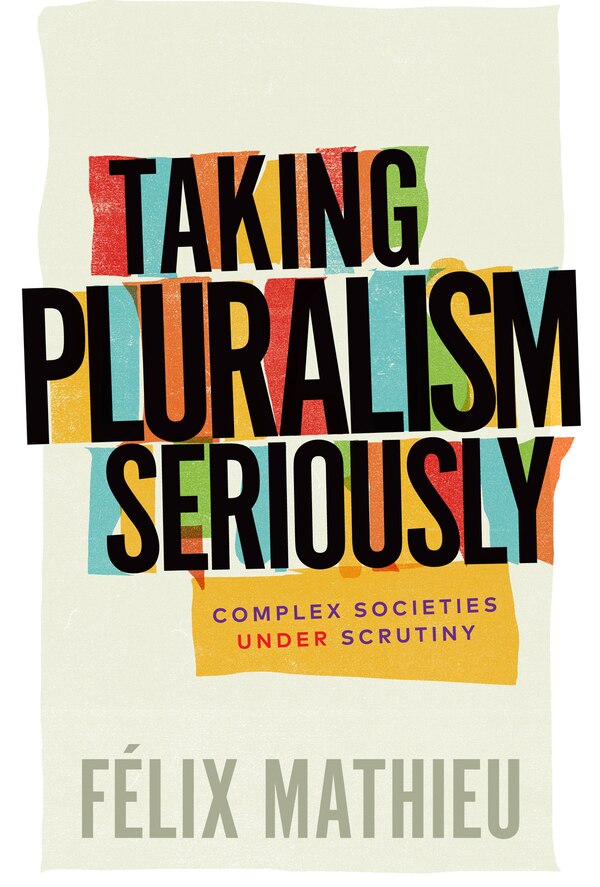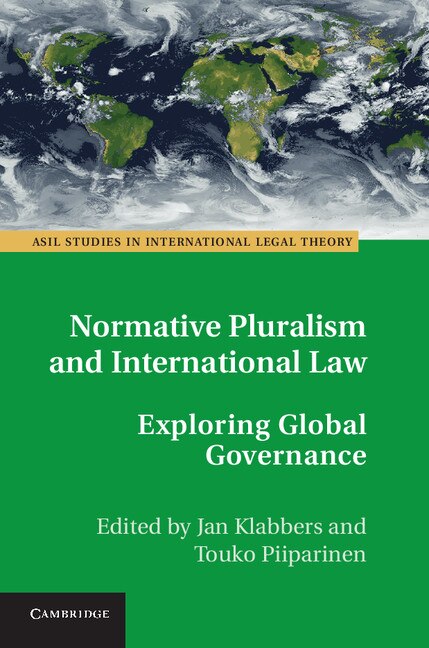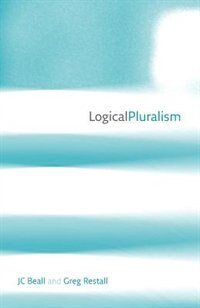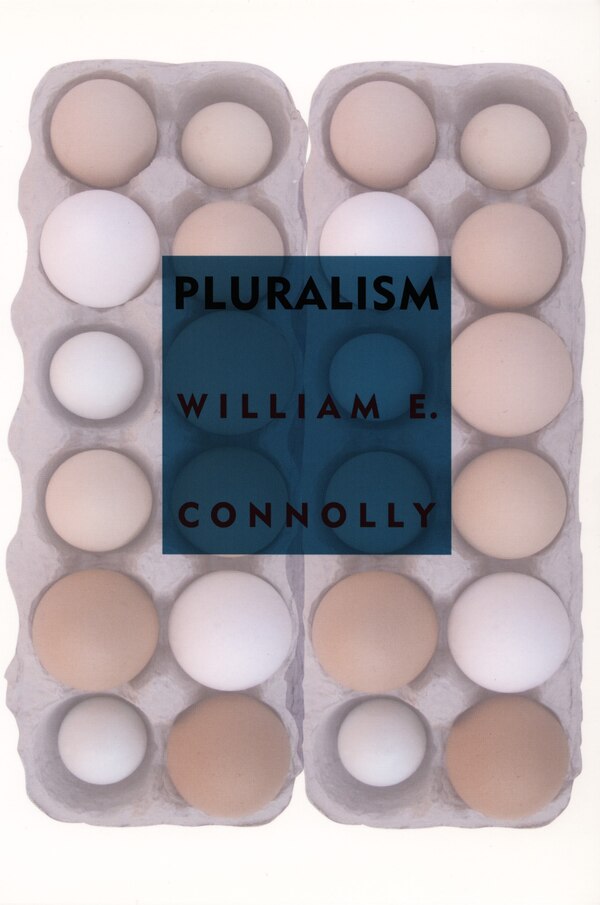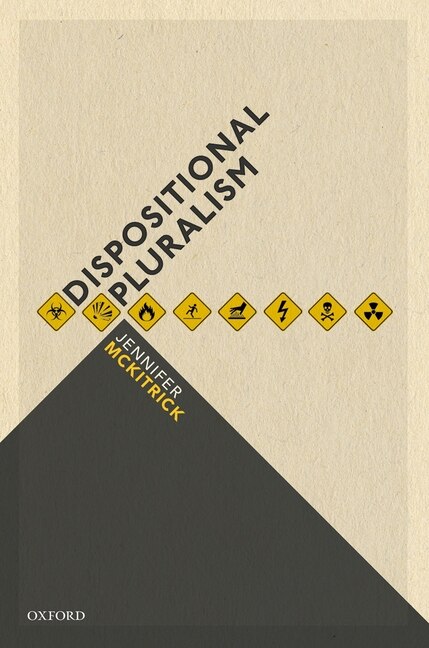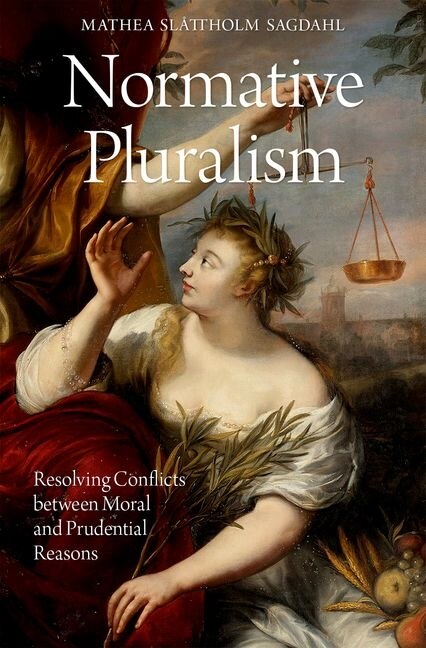
Compare Normative Pluralism by Mathea Sagdahl, Hardcover | Indigo Chapters
Mathea Sagdahl
$118.52
The potential conflicts between morality and self-interest lies at the heart of ethics. However, moral philosophers sometimes think of their task as trying to gain knowledge simply of what we are morally required to do, leaving aside the larger normative question of what we ought to do allthings considered, while others have assumed that what we ought to do all things considered just is what we morally ought to do. Mathea Sagdahl grapples with the more fundamental question of what we ought to do all things considered, but argues that there may be no simple answer to this question. Behind the assumption that there is something we ought to do all things considered, often lies another undefended assumption that the strength of moral and prudential reasons actually are comparable. Instead of making such an assumption, Sagdahl defends a pluralist theory of normativity wheremorality and prudence form two separate and incommensurable normative standpoints, much like Henry Sidgwick's "Dualism of Practical Reason". This type of view has tended to be quickly dismissed by its opponents, but Sagdahl argues that the theory is in fact well-motivated and that the typicalobjections that tend to target it are much weaker than they are usually considered to be. | Normative Pluralism by Mathea Sagdahl, Hardcover | Indigo Chapters


